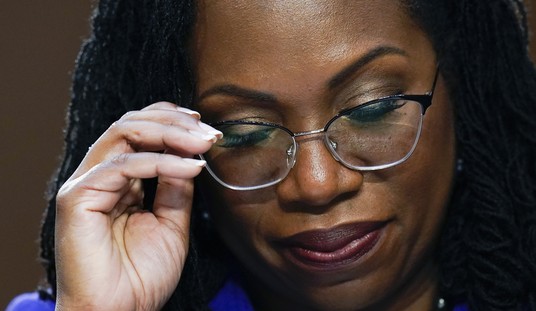Tom Dougherty on the Tea Party:
In reality, either the Tea Party is considerably less conservative than the narrative suggests, or their influence has been wildly exaggerated. Many on the far right have suggested it was the Tea Party uprising that carried the GOP to a wave victory in 2010, giving them their majority in the House. Others suggest that despite subsequent failures to win elections, the Tea Party inspired a more staunch conservatism in those elected in 2010, and forced the Republican conference to the right. While the first point might have merit, the latter is simply not supported by evidence, namely the voting records of the Senate and House Republicans.
Looking at the voting scorecards, in the first year of every Congress since 2001, from The American Conservative Union (ACU), the GOP has moderated considerably in both chambers since 2009. In fact, the current Senate Republicans tie the lowest average rating in the last 12 years; and the current House Republicans have the lowest average in the last seven Congresses. Notably the trend is the same in both chambers despite different majorities, and the House average has dropped more than the Senate.
You’ll definitely want to read the whole thing, which is data driven and filled with handy charts and graphs. The lesson here though might not be that the Tea Party has been ineffective, or that it has been maligned, or perhaps both. The lesson might be that such a loud and dedicated constituency is enough to tip the balance to the Democrats on election day if they feel Congress has ignored their concerns.
Read on a bit further:
When we look at the above analyses, we have to wonder: Is the Tea Party actually a more realistic, grounded group of voters, represented by more moderate legislators, than the media narrative would have us think? It certainly could be. Has the colloquial use of the label, “Tea Party,” been overused and corrupted by what is actually a smaller subset of unyielding ideologues? Quite possibly it has. Are there a handful of opportunists who have hijacked the moniker for their own selfish purposes, while doing very little to influence the legislative process? As I’ve written before, there most assuredly are. Is it possible that a diverse and decentralized group of local and regional organizations simply cannot be arbitrarily unified under a single brand called the “Tea Party?” I think so.
In the sense that it’s like herding cats, the Tea Party and the libertarians seem to have a lot in common.










Join the conversation as a VIP Member